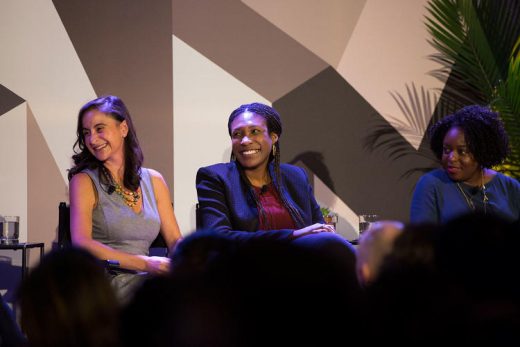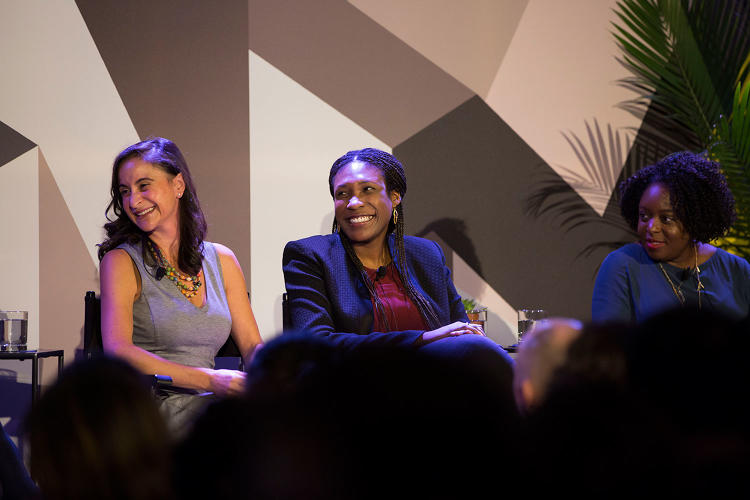Beyond Coding: How To Cultivate The “Power Skills” Of Tech
Are our children’s future careers doomed to be replaced by robots and artificial intelligence? The short answer is no. The longer answer is of course not. And that’s because humans have something no machine can yet embody: empathy. And it’s that distinctly human characteristic which is going to make the technology industry more diverse and successful in the future.
The human element of tech knowledge was the topic at hand for Black Girls Code founder Kimberly Bryant, Pinterest’s chief diversity officer Candice Morgan, and Global Citizen Year founder Abby Falik on Tuesday afternoon at the Fast Company Innovation Festival.
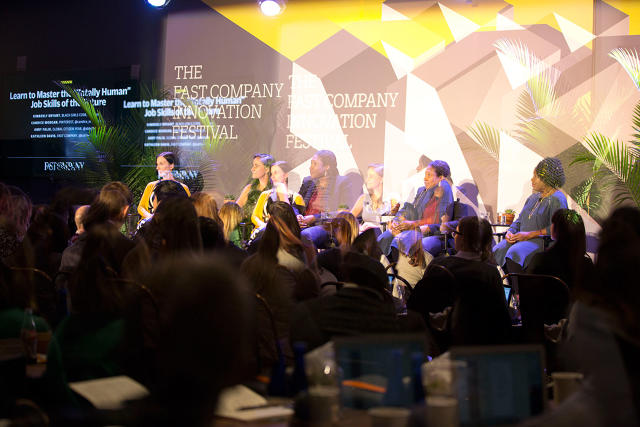
“Empathy is like a muscle,” Morgan said, “it really is.” Her work at Pinterest has focused on getting leadership teams to better understand how to use it. The company has held events focused on fostering talent from underrepresented groups. And through those conversations and relationships, said Morgan, others were able to better articulate and understand how people from varied backgrounds view their role in both the company and technology industry. Building a diverse team necessarily led to a more empathetic work community. Just “coming to the table and sitting across from someone who has a different idea,” helps the industry grow, said Morgan.
But first, companies have to realize their shortcomings, and strategize about how to build more diverse and robust teams. “There is both an implicit and systemic bias built into the system,” Bryant said. Even though there’s been a loud cry for more diversity in tech, the demographic makeup of most companies has stagnated over the last few years. Bryant added, “I think now we’re at the time where companies really need to have conversations about the company cultures and how we fix all those holes.”
Morgan described the process Pinterest now goes through to make sure candidates from many backgrounds are considered as well as are evaluated fairly, which includes bias training and external auditing of job descriptions. The company also makes sure the places they recruit from fosters a similarly open environment; “We stopped going to schools that didn’t have the diversity in the student body we were looking for,” she said. Pinterest has also implemented a system that requires interviewing at least one woman and one person from an underrepresented background for every leadership job opening. Small changes like these make it easier for companies to evaluate stronger applicant pools and to avoid unconscious bias meddling its way into the decision.
At the same time, all three women agreed that prospective employees need to improve their interpersonal skills as well. The people who can communicate and relate adeptly are most likely to succeed. That’s one of the main reasons Falik created Global Citizen Year, which sends high school graduates to live and immerse themselves in other countries for one “bridge year” before college. She talked about how so often the skills that dictate a person’s ability to be around others are considered unimportant. “The notion of ‘soft skills,’” she said, “needs some rebranding as ‘power skills.’” While hard subjects like math and science are important for children’s foundations, they also need to learn how to “be creative and purposeful.”
Bryant has seen this firsthand. She described taking her daughter, who is now 17 years old, on trips around the world. Those experiences of meeting new people and communicating in different ways have proven how vital human skills are. “I’ve seen how much [these experiences] have impacted her growth as a human being,” she said. “We’ll get lost in Puerto Rico and she’s the only one that speaks Spanish… we always have these experiences where it’s teaching us to empathize.”
All three women have different titles, but they are all involved in cultivating workforces that tackle human problems and use technology to overcome them. Falik’s mission is to get young people experiencing new things in different places, which will give them a worldly education no school can provide. For Bryant, her work is to create avenues for women from underrepresented backgrounds to enter the tech workforce and be successful. Morgan’s role is making sure her company is on top by seizing every opportunity to tap the most diverse talent, which will help strengthen the industry as a whole.
Most important, their work isn’t just for its own sake but for the good of the technology industry too. If a company isn’t focusing on diversity and inclusion, said Bryant, “then I don’t think your company wants to win.”
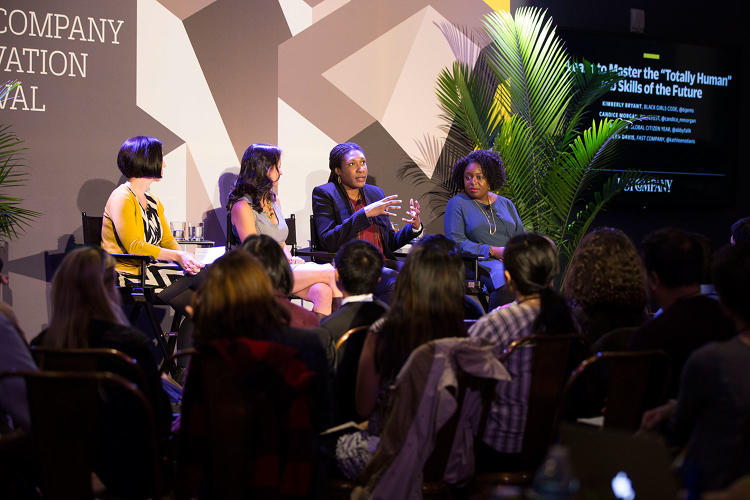
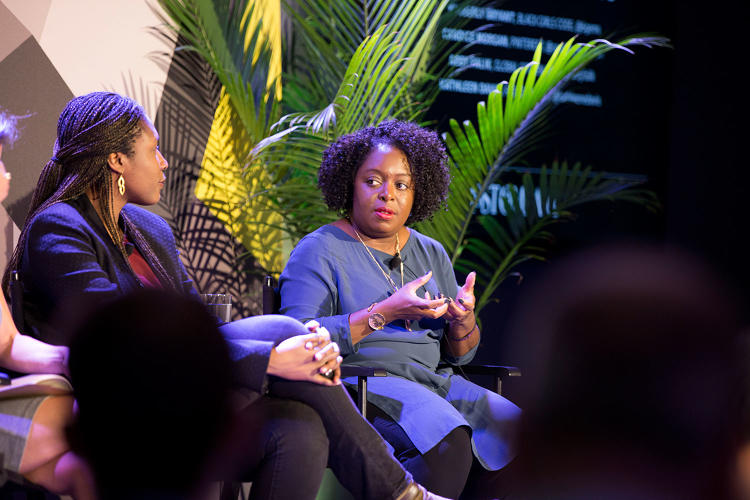
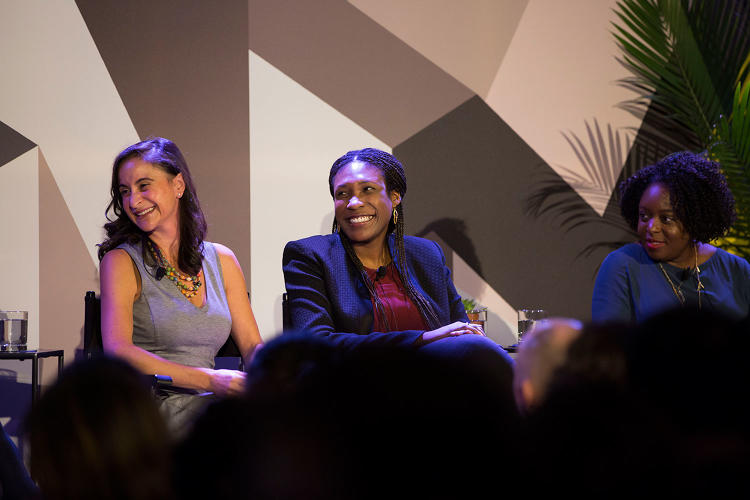
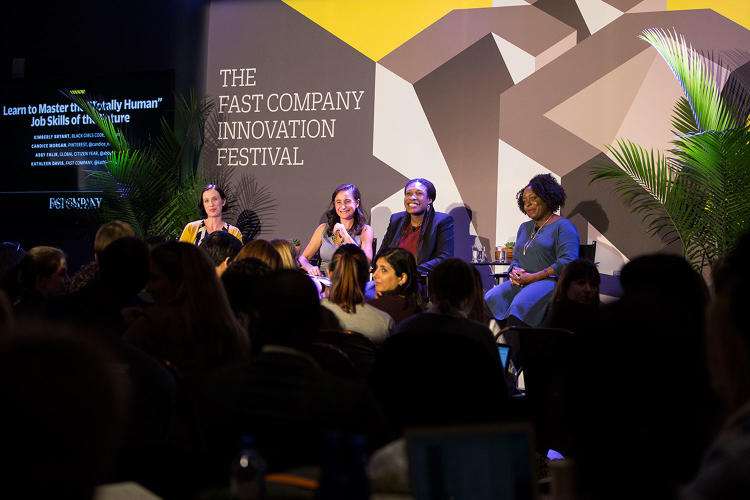
Fast Company , Read Full Story
(11)

